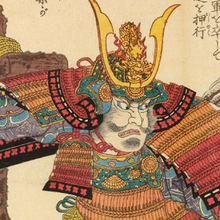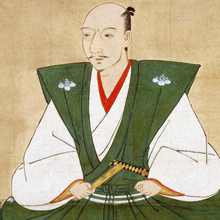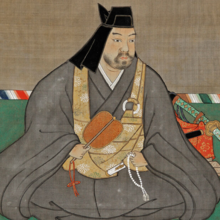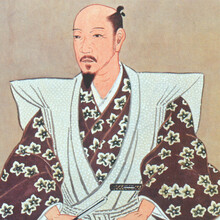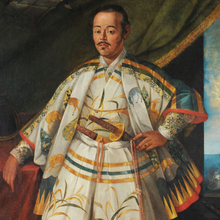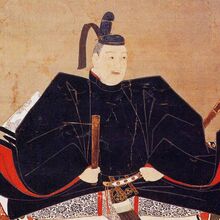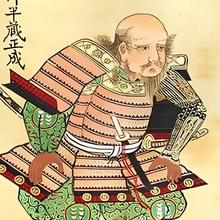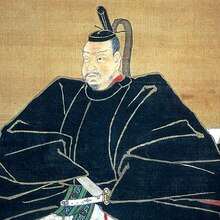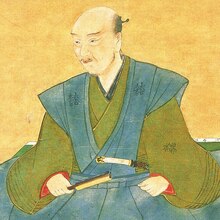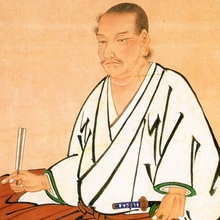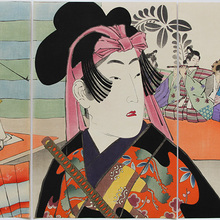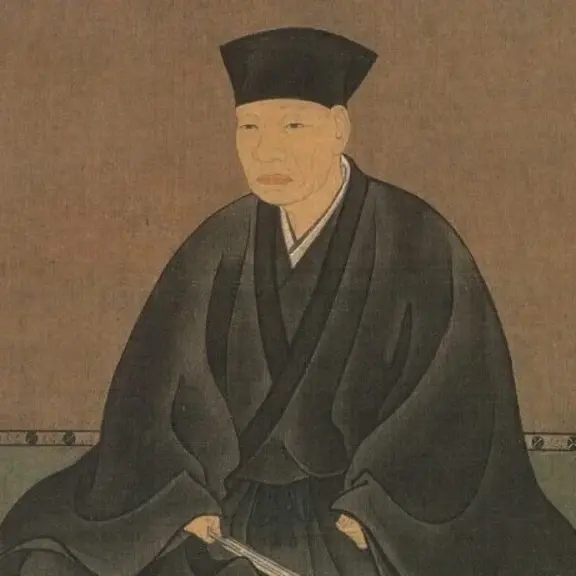
Personal
Other names:
Sen Soeki
千宗易
Job / Known for:
Tea master who perfected the tea ceremony
Left traces:
His influence on the aesthetics, architecture
Born
Date:
1522
Location:
JP
Sakai, Osaka Prefecture, Japan
Died
Date:
1591-03-21 (aged 69)
Resting place:
JP
Death Cause:
Forced to commit seppuku by Toyotomi Hideyoshi
Family
Spouse:
Hōshin Myōju
Children:
Sen Shōan, Sen Dōan, Sen Sōtan
Parent(s):
Tanaka Yohei and Gesshin Myōchin
QR Code:
Show More
Article for Sen Rikyu
Died profile like Sen Rikyu
Comments:

